Test Bank for Older Adult Nursing Care 1st Edition: Nancy J. Brown
Brown Older Adult Nursing Care, 1/EChapter 2
Question 1
Type: MCSA
A nurse just attended a conference on “The Older Adult.” Which of the following statements by the nurse would be a complete and accurate definition of senescence?
1. “This term denotes the eventual and continuing physical decline of the person’s body throughout life.”
2. “Senescence describes the cognitive decline of the aging adult individual, along with the accompanying personality changes.”
3. “This term refers to the progressive decline of body processes, loss of fertility and the ultimate death of an individual.”
4. “Senescence suggests the ‘fading away’ of the aging individual’s personality over a gradual period of time.”
Correct Answer: 3
Rationale 1: This is incorrect as the definition of senescence includes more than physical decline.
Rationale 2: This is incorrect as the definition of senescence includes more than cognitive decline.
Rationale 3: Correct. Senescence is defined as the progressive decline of body processes, loss of fertility and the ultimate death of an individual.
Rationale 4: This is incorrect as the definition of senescence includes more than personality changes.
Global Rationale:
Cognitive Level: Remembering
Client Need: Health Promotion and Maintenance
Client Need Sub:
Nursing/Integrated Concepts:
Learning Outcome: Discuss senescence.
Question 2
Type: Matching
Place the theory of aging below in the left column to coincide with the correct definition given in the right column.
A. Wear and tear
B. Free radicals
C. Programmed longevity
D. Glycation
Standard Text: Click and drag the options below to move them up or down.
|
_____ |
1. Cells create energy, which produces unstable oxygen molecules, leading to impaired cell functioning. |
|
_____ |
2. Cross-linked proteins accumulate, interfering with cell replacement and slowing body functioning. |
|
_____ |
3. Genetics determine the number of times cells can replicate prior to death. |
|
_____ |
4. Important parts of cells and body tissues deteriorate, and cell repair slows. |
Correct Answer: A-4, B-1, C-3, D-2
Global Rationale:
Cognitive Level: Remembering
Client Need: Physiological Integrity
Client Need Sub: Physiological Adaptation
Nursing/Integrated Concepts:
Learning Outcome: Contrast and compare the biological theories of aging.
Question 3
Type: MCSA
An older adult client on a medical unit is about to undergo a knee replacement. The client jokes with the nurse caring for him, saying, “I guess the warranty on this old knee just ran out.” The client’s comment could be said to be based upon which biological theory of aging?
1. Disengagement
2. Wear and tear
3. Activity
4. Glycation
Correct Answer: 2
Rationale 1: Disengagement is incorrect because it is actually a psychological theory of aging.
Rationale 2: Wear and tear is correct. This theory is based upon the belief that parts of the body simply wear out over time.
Rationale 3: Activity theory is incorrect as it is actually a psychological theory of aging.
Rationale 4: Glycation is incorrect because this theory states that cross-linked proteins accumulate, interfering with cell replacement and slowing down bodily functions.
Global Rationale:
Cognitive Level: Applying
Client Need: Physiological Integrity
Client Need Sub: Physiological Adaptation
Nursing/Integrated Concepts:

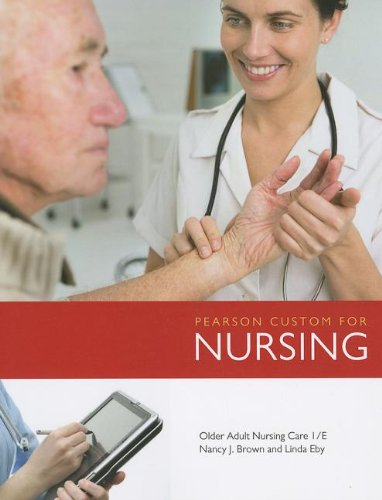
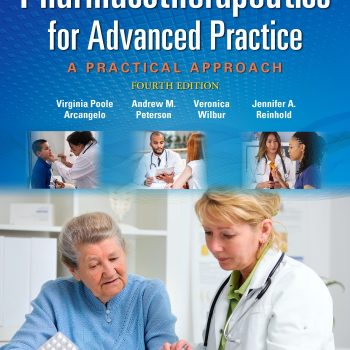
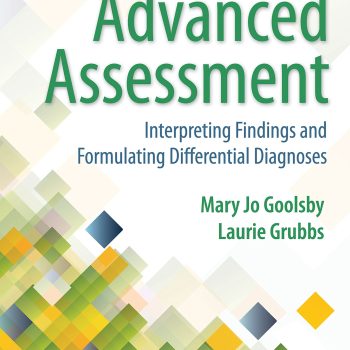
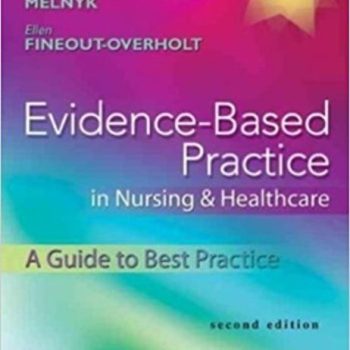
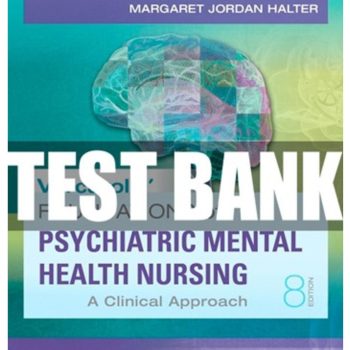
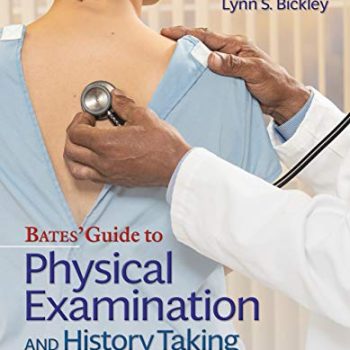
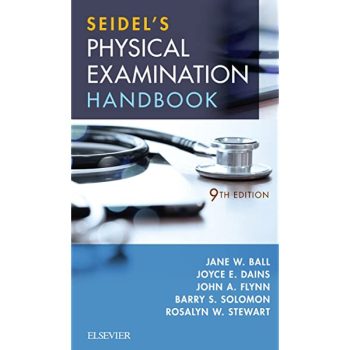
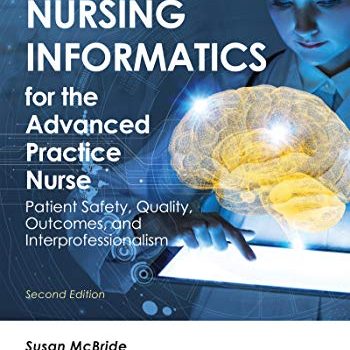
Reviews
There are no reviews yet.